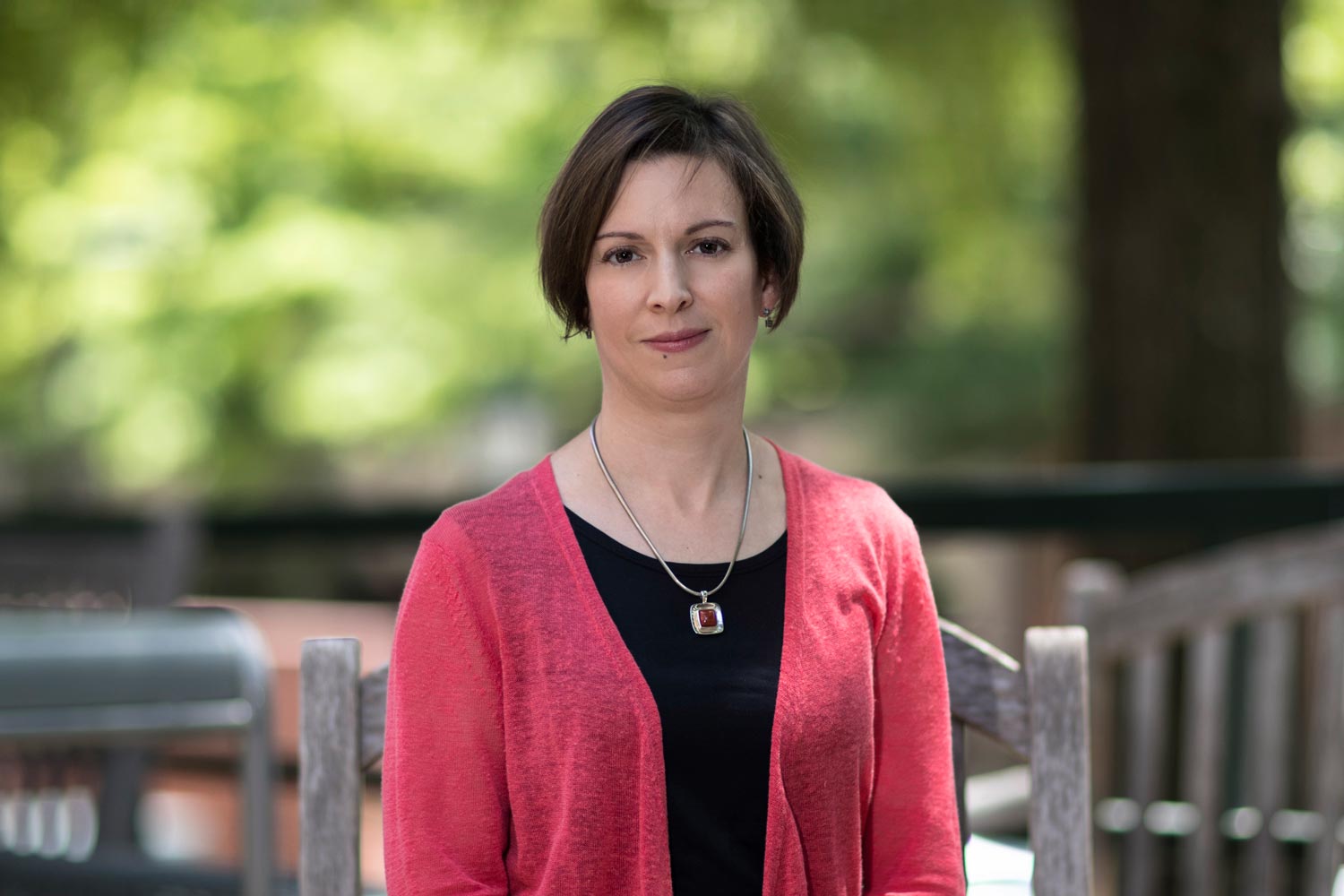From assessing the effectiveness of community-based interventions in improving health outcomes in Bangladesh, to a better way of diagnosing childhood tuberculosis, to calculating the cost of potentially unnecessary testing for gut infections, the University of Virginia’s Global Infectious Diseases Institute is providing new funding to seven UVA researchers from across disciplines in the School of Medicine, the School of Engineering and Applied Science, the College and Graduate School of Arts & Sciences and the McIntire School of Commerce.
The $5,000 Innovation Grants, or iGrants, are designed to help the recipients – four graduate students, one postdoctoral fellow and two faculty physicians – continue studies that could result in positive health outcomes for society at large. The projects are transdisciplinary and extend the institute’s national and international reach in infectious disease research.
“We are delighted to support these seven iGrants, five of whom are from junior scholars,” said Alison Criss, director of the Global Infectious Diseases Institute and a professor of microbiology. “These projects emphasize the breadth of global infectious diseases research on Grounds. By building new connections that span traditional disciplinary divides, these projects and their outcomes will make new discoveries that can improve people’s lives, from Charlottesville to partner communities around the world.”
Four of the funded studies are operating in other countries: South Africa, where UVA has long conducted a range of research, education and service projects; Bangladesh; the Philippines; and Trinidad and Tobago. The other three projects are conducted at UVA labs, clinics and research offices, with global focus and involving international collaborators.
Grant recipient Christina Pierre, a clinical chemistry fellow in the UVA School of Medicine’s Department of Pathology, is investigating ways to reduce the incidence of cervical cancer in Trinidad and Tobago, one of the few countries in the Caribbean that has not seen a decline in cervical cancer mortality and has the second-highest mortality-to-incidence ratio after Haiti.
Most cervical cancers are caused by infection with high-risk strains of the human papillomavirus, or HPV, which is one of the most common sexually transmitted diseases. The cancer is often preventable through vaccination against HPV and with regular screening tests.
“Our study seeks to examine the use of social media as a tool for cervical cancer education, research and outreach in the Trinidad and Tobago population,” Pierre said. “With the receipt of the grant from the Global Infectious Diseases Institute, we will create cervical cancer-related educational posts aimed at changing perceptions and attitudes toward screening and HPV vaccination.”
Pierre and her team will recruit people to get screened and vaccinated against HPV and encourage them to complete a survey aimed at identifying barriers to cervical cancer screening and HPV vaccinations.
“An estimated 51 percent of the Trinidad and Tobago population 18 years and older are Facebook users, and consequently we believe that Facebook represents an effective means of educating and mobilizing the population toward cervical cancer prevention,” Pierre said.
Another iGrant winner, Amzad Hossain, a Ph.D. candidate in economics, is using his grant to examine the effects in Bangladesh of community-based health clinics on child health outcomes involving the use of vaccines to prevent infectious diseases and neo-natal mortality. He is collaborating with Moogdho Mahzab, who is also a UVA Ph.D. candidate in economics.
They hope the project – a detailed examination of the Bangladeshi community clinic system, which includes 13,500 clinics spread across the country – will help policymakers and stakeholders improve the overall health of individuals and communities.

“This project is very much labor-intensive in terms of data collection, data compilation and data management,” Hossain said. “We will need extensive use of the services of research assistants to accomplish that. Receiving this grant will help me to implement the project.”
The other iGrant recipients and their projects are:
• Richard Deang, a Ph.D. candidate in anthropology, who is investigating the way peer counselors with community-based organizations in the Philippines are trained to work with men who have sex with men to reduce HIV infection risk in that population.
• Courtney Hill, a Ph.D. candidate in civil and environmental engineering, who is investigating the effectiveness of water treatment technologies to prevent child-stunting caused by diarrheal diseases in South Africa.
• Shiwei Liu, a biology Ph.D. candidate, who is sequencing the genome of the malaria parasite Plasmodium falciparum to uncover the genetic mechanism of its resistance to drugs.
• Dr. Costi Sifri, an associate professor of internal medicine and a hospital epidemiologist, who is studying the costs associated with over-testing and over-diagnosing the bacterial infection Clostridium difficile, which can cause potentially dangerous bowel disorders. His project is a collaboration with David Smith, a professor in the McIntire School of Commerce.
• Dr. Tania Thomas, an assistant professor of medicine, who is collaborating with a colleague at Aga Khan University in Pakistan to study how a bacterial byproduct in urine could be used as a means for diagnosing tuberculosis in children.
The Global Infectious Diseases Institute works to combat infectious diseases around the world by encouraging and facilitating collaborations between UVA researchers across the disciplines and international partners. Institute researchers focus on investigating potential pandemics like flu, Zika, Ebola, and others; diarrheal diseases that particularly affect children; and drug resistance in infectious agents.
The iGrant recipients, as well as other grantees funded by the Global Infectious Diseases Institute, will showcase their research April 24 at a symposium in Newcomb Hall. For the latest updates and news, follow the Institute on Twitter @GIDIuva.
Media Contact
Article Information
January 2, 2019
/content/small-innovation-grants-aim-big-impact-global-health

